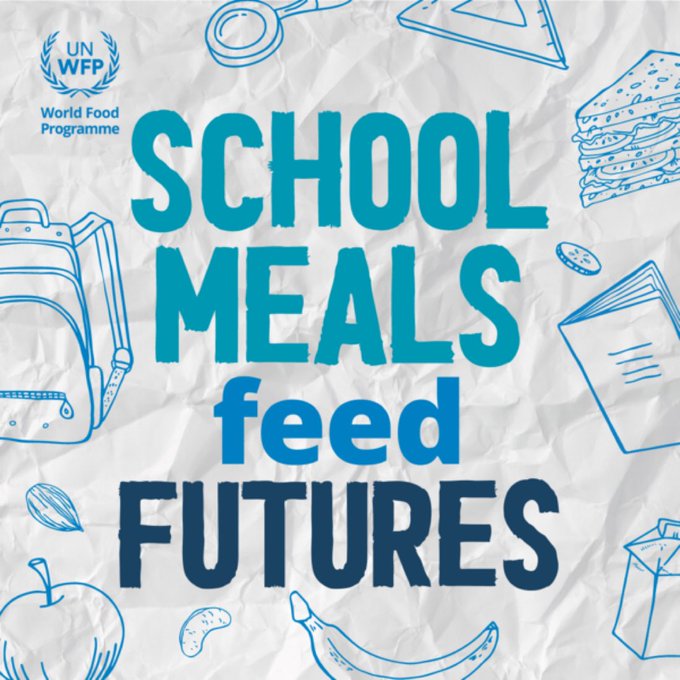2023: Better health and nutrition allow children to learn and perform better
The mission of the World Food Programme is to ensure that all school aged children have access to school meals and are healthy and ready to learn.
Every day, millions of children around the world go to school on an empty stomach—hunger affects their concentration and ability to learn. There are also millions of children—particularly girls—who simply do not go to school because their families need them to help in the fields or perform domestic duties. In conflict-affected countries, where children are twice as likely to be out of school than their peers in stable countries – 2.5 times more likely in the case of girls.
The World Food Programme (WFP) has six decades of experience supporting school feeding and health initiatives and working with more than 100 countries to set up sustainable national school feeding programmes. WFP’s ultimate goal is to encourage and facilitate national government ownership of these programmes – a transition that has already happened in 48 countries. In 2020, 15 million schoolchildren received nutritious meals and snacks from WFP. Working with governments to build capacity, WFP helped bolster the national school feeding programmes of 65 countries, benefitting a further 39 million children. WFP is also a proud supporter of the School Meals Coalition, which aims at improving or restoring national, sustainable school meal programmes, to ensure every child has the opportunity to receive a healthy, nutritious meal in school by 2030.



Leave a Reply
You must be logged in to post a comment.